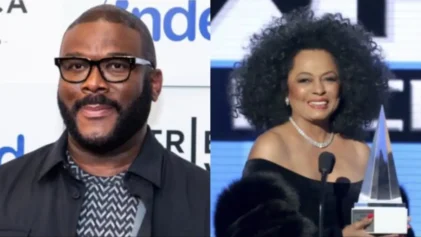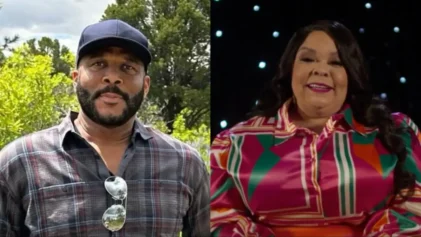While a degree certainly provides graduates with an edge in the job market, unemployment statistics have repeatedly shown that one’s race plays a role in securing employment.
As of March 2012, African American graduates encountered a rate of 10.8 percent, according to a report by the Economic Policy Institute. White graduates appeared to stand a greater chance at employment with an 8.7 percent rate.
The disparity found in the data points to larger issues of race, education, and social mobility in the United States. With last month’s black unemployment rate at 14.1 percent, almost double the national rate of 8.3 percent, and a continued bleak job market on the horizon, African American graduates might find solace looking towards themselves for employment.
Recent data from the Bureau of Labor Statistics shows that black self-employment has been on the rise, wrote Small Business Trend. The number of self-employed blacks grew by 5.7 percent from 2007 through 2009, in contrast to the 3.4 decrease experienced by self-employed whites.
Coupled with this entrepreneurial upsurge is the founding of start-up incubators aimed at training and mentoring aspiring minorities.
The NewMe Accelerator, which was spotlighted in the CNN’s “Black in America 4” documentary, places aspiring minority and female start-up founders directly into the racially homogenous Silicon Valley.
As a single mother and fellow minority eager to tap into the lucrative community, Angela Benton launched the accelerator in 2011 to provide the promising participants with first hand experience in the tech industry.
“A lot of them can’t go to their parents or immediate network and say, ‘Hey, I want to start this app or this website, how do I get started?’” she said in an interview.
The New York-based 100 Urban Entrepreneurs promotes a similar mission to Benton’s incubator, albeit with a more quantitative goal: to identify, finance and mentor 100 urban entrepreneurs from economically disadvantaged communities within 12 months.
Big name, self-starter celebrities such as Tyler Perry and P. Diddy donated to the foundation, which has already selected dozens of $10,000 grantees.
Read more: Huffington Post


